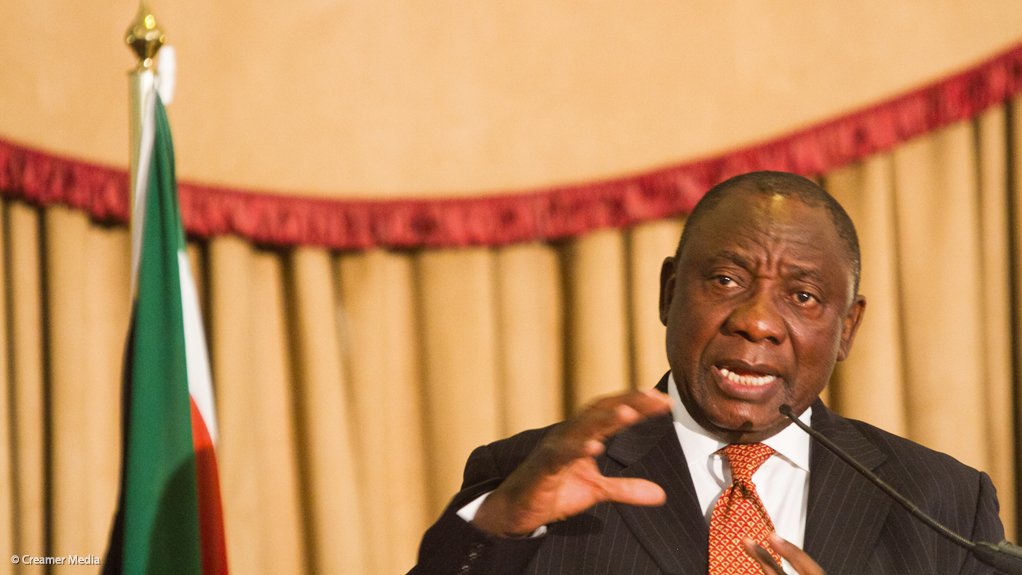Deputy President Cyril Ramaphosa says the Expanded Public Works Programme (EPWP) has alleviated poverty in those areas where it has been implemented.
Responding to questions for oral reply at the National Assembly on Wednesday, the Deputy President said the programme has had a positive impact as it has helped move a number of poor and unemployed South Africans into productive work.
The Deputy President said this also enabled the poor and unemployed to gain skills and increase their capacity to earn an income.
“The Department of Public Works conducted a Mid-Term Review of the EPWP Phase 2 in 2012.
“The study found that the EPWP had a positive impact on the communities where it is implemented. Many participants had moved above the poverty line due to the income they received from working in the programme,” he said.
Last month, President Jacob Zuma announced that over the next five years, six million work opportunities would be created through EPWP.
The Deputy President said on Wednesday that most participants were unemployed before joining the programme and had been seeking work for three to five years.
He said studies showed that the programme was making an impact in people’s lives.
“The EPWP programme has contributed to the provision of social infrastructure through, among other things, construction and maintenance of schools, clinics, magistrates courts and prisons.
“In response to the National Development Plan (NDP), the third phase of the Expanded Public Works Programme targets the creation of six-million work opportunities between April 2014 and March 2019,” he said.
The Deputy President said the programme contributed to the NDP in a number of ways, including:
· Achieves income transfer in the form of wages into poor communities. This not only reduces poverty, but it is also a form of economic stimulus targeted directly at the poor.
· Creates work opportunities. Participation in work through public employment can assist in mitigating the effects of social problems, build self-esteem, and develop social networks.
· Provides social assets and services that can have a transformative impact on development and improve the quality of life in communities.
· Promotes community participation. The increased emphasis on participatory approaches and the use of non-profit agencies in delivery are helping to build new forms of partnership between government, civil society and communities.
“Given the high levels of unemployment in South Africa and the relatively low levels of skills, the public employment programmes of government are essential to combating poverty and improving the employability of millions of our people,” he said.
EMAIL THIS ARTICLE SAVE THIS ARTICLE
To subscribe email subscriptions@creamermedia.co.za or click here
To advertise email advertising@creamermedia.co.za or click here











